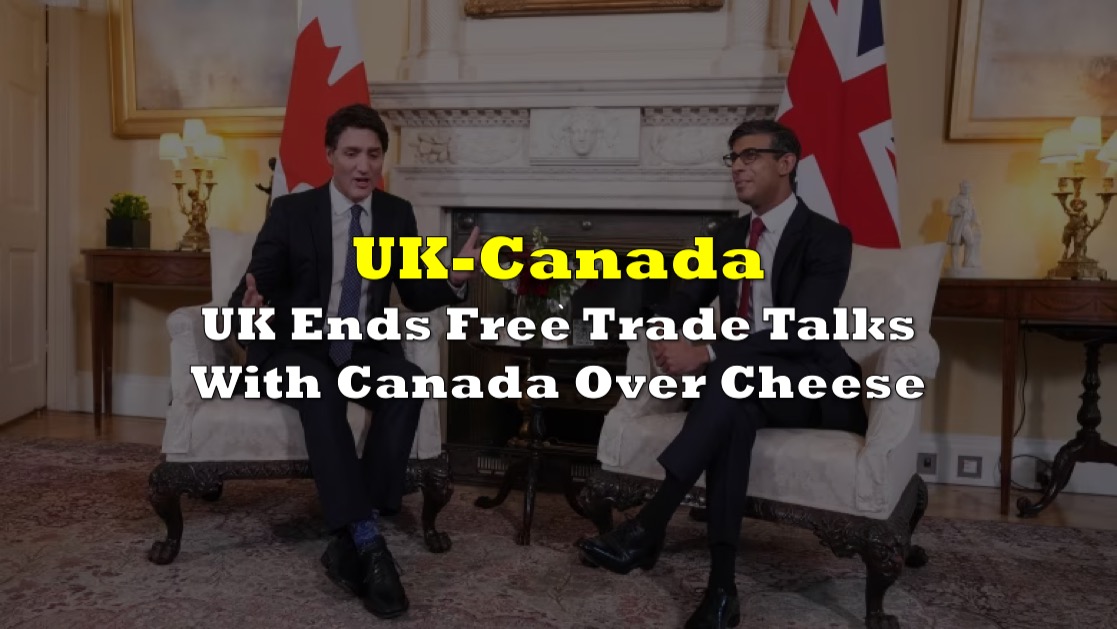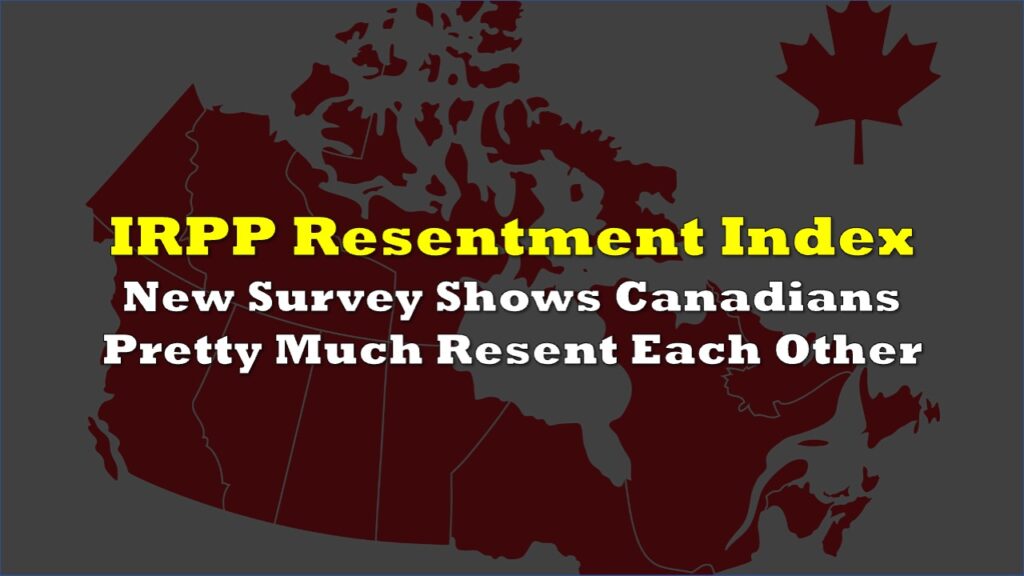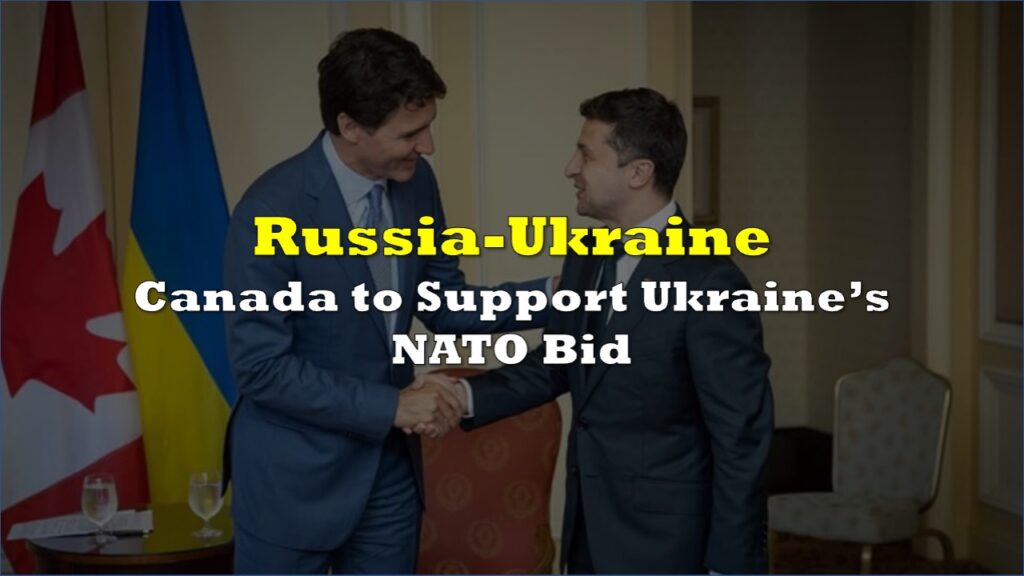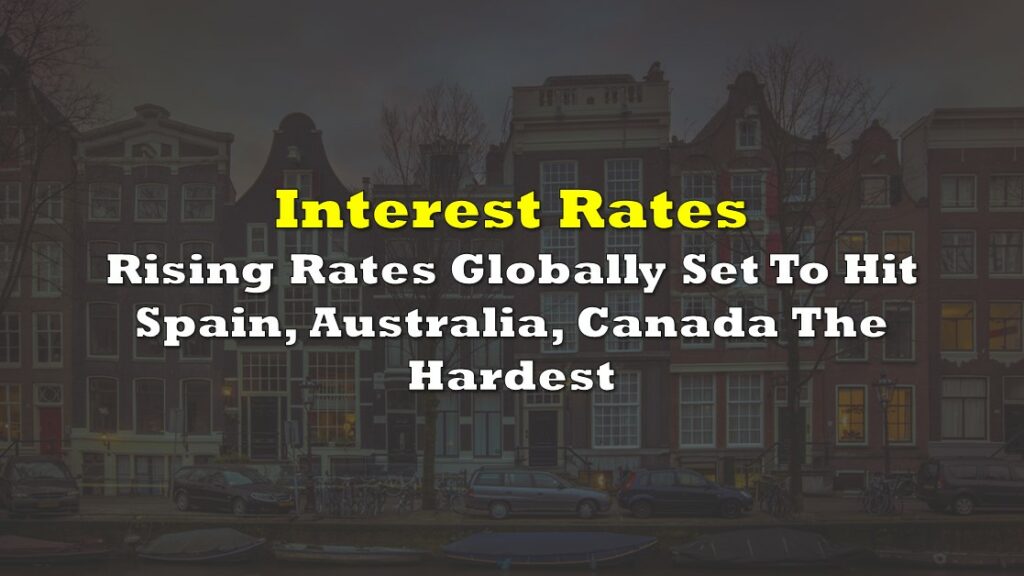British negotiators have abruptly halted trade talks with Canada, putting the brakes on a comprehensive bilateral trade deal between the two Commonwealth nations. The primary stumbling block in these negotiations revolves around the contentious issue of how much tariff-free access U.K. producers should retain to the Canadian cheese market.
For the love of God: "A major sticking point is how much access UK producers should have to the Cdn cheese market."
— Andrew Coyne 🇺🇦🇮🇱 (@acoyne) January 25, 2024
This isn't even the tail wagging the dog. It's a hair on a wart on the tail wagging the dog.
UK walks away from trade talks with Canada https://t.co/H4hfLtntLw
The initial interim agreement, following the post-Brexit era, granted tariff-free access to British cheese in Canada for three years, but this more permissive arrangement expired at the end of last year. Negotiators were actively working towards a longer-term trade deal to replace the liberalized terms under Canada’s Comprehensive Economic and Trade Agreement (CETA) with the European Union.
A pivotal point of contention emerged over the access British producers should have to the Canadian cheese market, with the U.K. pushing for favorable terms. In response to the breakdown in talks, British High Commissioner to Canada Susannah Goshko stated, “We remain open to restarting talks with Canada in the future to build a stronger trading relationship that benefits businesses and consumers on both sides of the Atlantic.”
A statement from the UK Government on our decision to pause Free Trade Negotiations with Canada. pic.twitter.com/HnnFzc8mGs
— Susannah Goshko (@SusannahGoshko) January 25, 2024
Canadian Trade Minister Mary Ng expressed disappointment over the decision, emphasizing that Canada is committed to achieving the best deal for its citizens. Dairy farmers, represented by the Dairy Farmers of Canada, are advocating for the U.K. to negotiate with the EU to recover its share of the market access lost under CETA.
Apart from the cheese dispute, talks have also faltered on drafting new rules for automotive trade between the two countries. The expiry of preferential access rules for European and Canadian-assembled automobiles is set for March 1, posing a challenge for the now-independent British automotive industry.
The complexities of automotive trade, influenced by various agreements like CETA, CUSMA with the U.S. and Mexico, the Trans-Pacific Partnership with Japan, and a bilateral trade agreement with South Korea, make finding a solution crucial to avoid disrupting British exports to Canada.
Failure to reach an agreement on both cheese and automotive trade before the respective deadlines could negatively impact British exports. However, Canada seems less pressed for an immediate deal, aligning with demands from Canadian livestock producers to harmonize food inspection standards before finalizing any new trade agreement with the U.K.
Cartel strikes again. Shame that no politicians in this country have the balls to put an end to it.
— The Deep Dive (@TheDeepDive_ca) January 25, 2024
Trade Minister Ng clarified that the issues in bilateral talks with the U.K. regarding food safety standards are distinct from Canada’s ratification process for the British to join the CPTPP. While the government focuses on the ratification of the Canada-Ukraine trade agreement, the existing “CETA rollover” deal will remain in effect indefinitely, providing continuity in trade relations between the two nations.
The breakdown in negotiations is a setback for both countries, as the United Kingdom is Canada’s third-largest trading partner, with over $46 billion in two-way goods and services trade in 2022. With eight rounds of talks since 2022 completed, the absence of a comprehensive agreement leaves the future of the U.K.-Canada trade relationship uncertain.
Information for this briefing was found via CBC and the sources mentioned. The author has no securities or affiliations related to this organization. Not a recommendation to buy or sell. Always do additional research and consult a professional before purchasing a security. The author holds no licenses.









